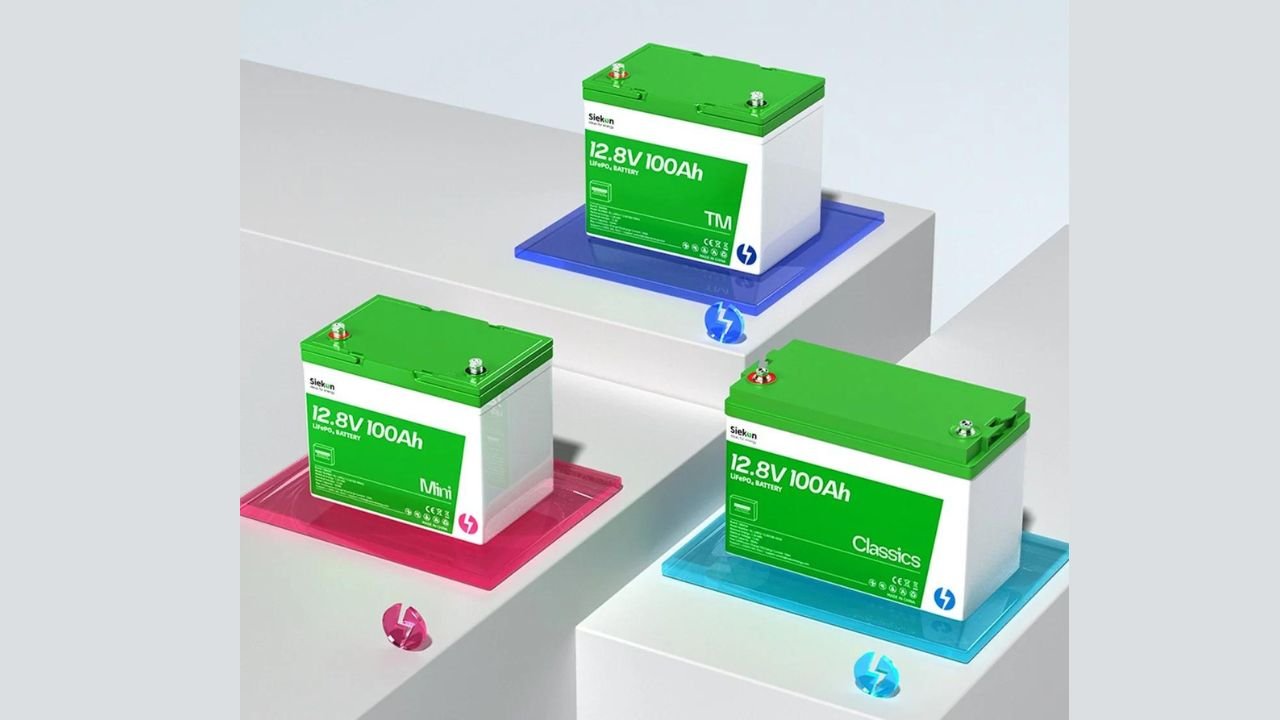When it comes to powering various devices and systems, 12V batteries are a common choice. However, not all 12V batteries are created equal. In fact, there are several different types of 12V batteries, each with its own unique characteristics and applications.
Understanding 12V Batteries
A 12V battery is a type of electrochemical energy storage device that produces an electrical potential of 12 volts. This voltage is widely used in various applications, including:
- Automotive: Car, truck, and motorcycle batteries
- Marine: Boat and yacht batteries
- Recreational: RV, camper van, and ATV batteries
- Off-grid systems: Solar and wind energy storage
- Emergency power: Backup power for homes and businesses
Types of 12V Batteries
While all 12V batteries share the same voltage output, they differ significantly in their construction, chemistry, and performance. Here’s a breakdown of some common types of 12V batteries:
Lead-Acid Batteries:
- Flooded Lead-Acid (FLA): The most traditional type, requiring regular maintenance due to water loss.
- Sealed Lead-Acid (SLA): A maintenance-free version with absorbed electrolyte.
- Absorbed Glass Mat (AGM): A type of SLA with a specialized separator material for improved performance and durability.
Lithium-Ion Batteries:
- Lithium-Ion Polymer (Li-Po): Lightweight and flexible, often used in consumer electronics.
- Lithium Iron Phosphate (LiFePO4): Known for its long cycle life, safety, and durability.
- Lithium Nickel Manganese Cobalt Oxide (NMC): Offers high energy density and fast charging capabilities.
Nickel-Metal Hydride (NiMH) Batteries:
- Environmentally friendly and rechargeable, commonly used in hybrid vehicles and cordless tools.
Key Differences Between 12V Battery Types
While all 12V batteries serve the same purpose, they differ in several key areas:
- Energy Density: The amount of energy stored per unit weight or volume. Lithium-ion batteries generally have higher energy density than lead-acid batteries.
- Cycle Life: The number of times a battery can be fully charged and discharged before its capacity significantly declines. LiFePO4 batteries excel in this regard.
- Self-Discharge: The rate at which a battery loses charge when not in use. Lithium-ion batteries have lower self-discharge rates compared to lead-acid batteries.
- Maintenance: Some batteries require regular maintenance, such as checking electrolyte levels or equalizing. Lithium-ion batteries are generally maintenance-free.
- Cost: Lithium-ion batteries are typically more expensive than lead-acid batteries.
Choosing the Right 12V Battery
The best 12V battery for your needs depends on various factors, including:
- Application: Consider the specific requirements of your device or system.
- Performance: Think about factors like energy density, cycle life, and self-discharge rate.
- Cost: Determine your budget and weigh it against the benefits of different battery types.
- Maintenance: Consider the level of maintenance you’re willing to do.
Conclusion
While all 12V batteries share the same voltage output, they differ significantly in their construction, chemistry, and performance. Understanding the unique characteristics of each type can help you make an informed decision when selecting the right battery for your needs. By carefully considering factors like energy density, cycle life, maintenance requirements, and cost, you can choose a 12V battery that will provide reliable power for your applications.











